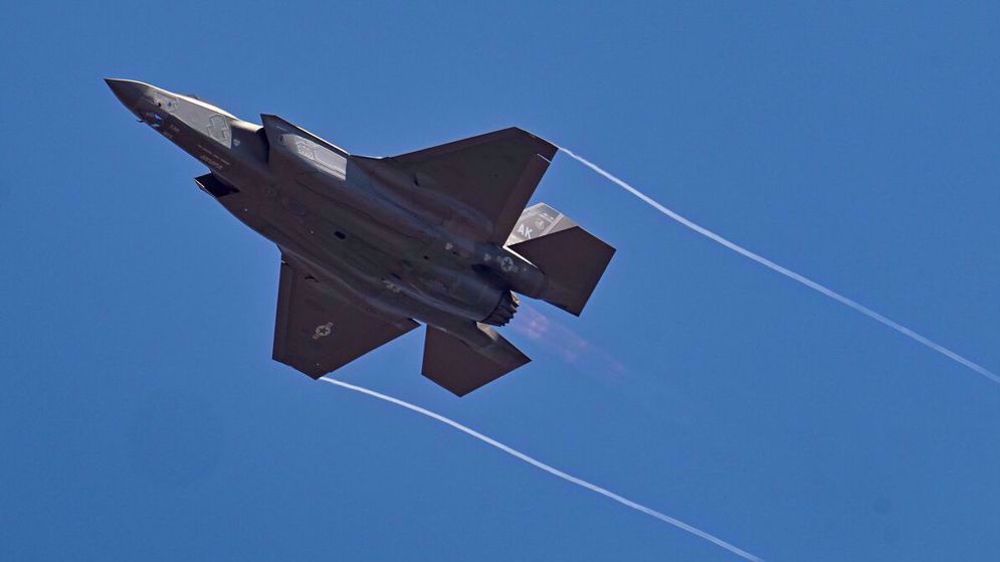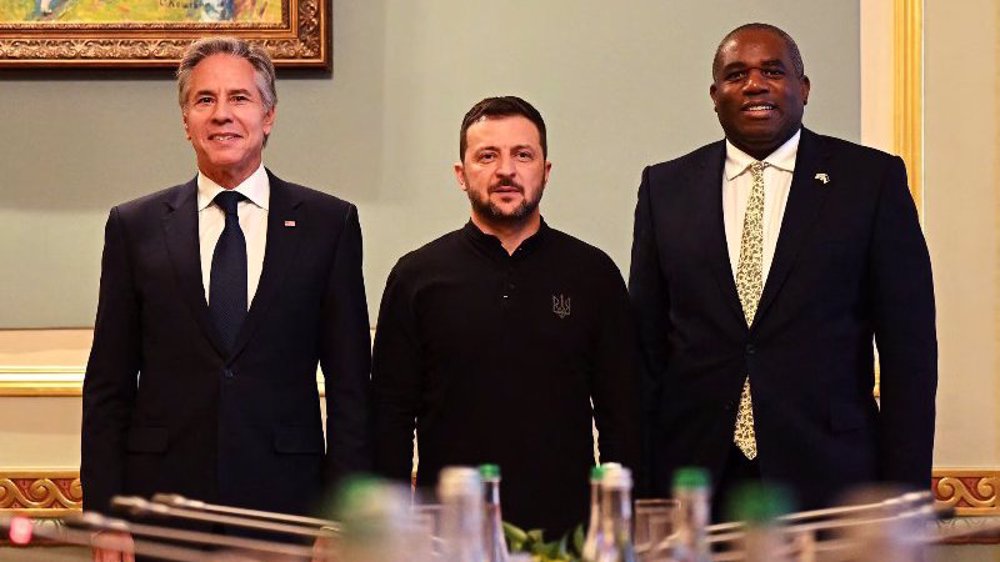Chilcot Inquiry gives tentative date for publication of its findings
The British public inquiry into the 2003 Iraq war, also known as Chilcot Inquiry, faces further delay as the head of the probe says the final report is expected by the next summer.
On Thursday, Sir John Chilcot announced that the two million word report would be ready in June or July 2016. "I consider that once national security checking has been completed it should be possible to agree a date for publication in June or July 2016," he said.

The inquiry which has cost tax payers more than £10 million pounds was set up by former Prime Minister Gordon Brown in 2009 and initially expected to submit its report within a year. Chilcot has, time and again, cited complexities involved in the process.
The five-member panel is looking into the decisions made in the run-up to the start of the Iraq war and how the then Prime Minister Tony Blair decided to support the US-led invasion.
The inquiry is considering how UK forces came to participate in the invasion and its aftermath. A total of 179 British soldiers were killed in Iraq between 2003 and 2010.

The mother of a British soldier killed in the war zone said it was "another let-down", criticizing the time taken to publish the inquiry.
MPs and peers have long expressed frustration with the length of time the inquiry is taking. In June Prime Minister David Cameron said he was "fast losing patience".
The process of giving key figures the right to respond to criticism, known as Maxwellisation, has been blamed for holding up the process. But some families who lost their loved ones in Iraq are critical of the Maxwellisation process, saying it had been allowed to "run on far too long".

Blair who is one the center of the controversy has, so far, denied being behind the delays. Earlier this week, he also apologized for taking his country into the Iraq invasion. He admitted that he made mistakes in planning the war.
Blair’s apology has poured reactions from around the world with analysts calling it a typical defense tactic designed to manipulate the report. People in Iraq who experienced the trauma caused by the devastated war have also described Blair’s apology as too little too late.

Meanwhile, a Labour MP who voted in favor of the Iraq war has called on the Inquiry not to publish its findings.
Mike Gapes questioned whether the Inquiry should be published at all and said it was a waste of money. He also criticized the media and claimed that journalists would not read John Chilcot’s conclusions.
Israeli forces kill 7 more Palestinians in West Bank
Israel’s Netanyahu dismisses military affairs minister Gallant
Hezbollah attacks turn Israel’s Haifa into a ghost town
Iran’s FM meets Pakistani PM, discusses bilateral ties, Israeli atrocities
Iran ramps up gasoline output amid rising demand
UK foreign secretary under pressure over denial of genocide in Gaza
VIDEO | Press TV's news headlines
Hezbollah bombards explosives factory in occupied territories










 This makes it easy to access the Press TV website
This makes it easy to access the Press TV website